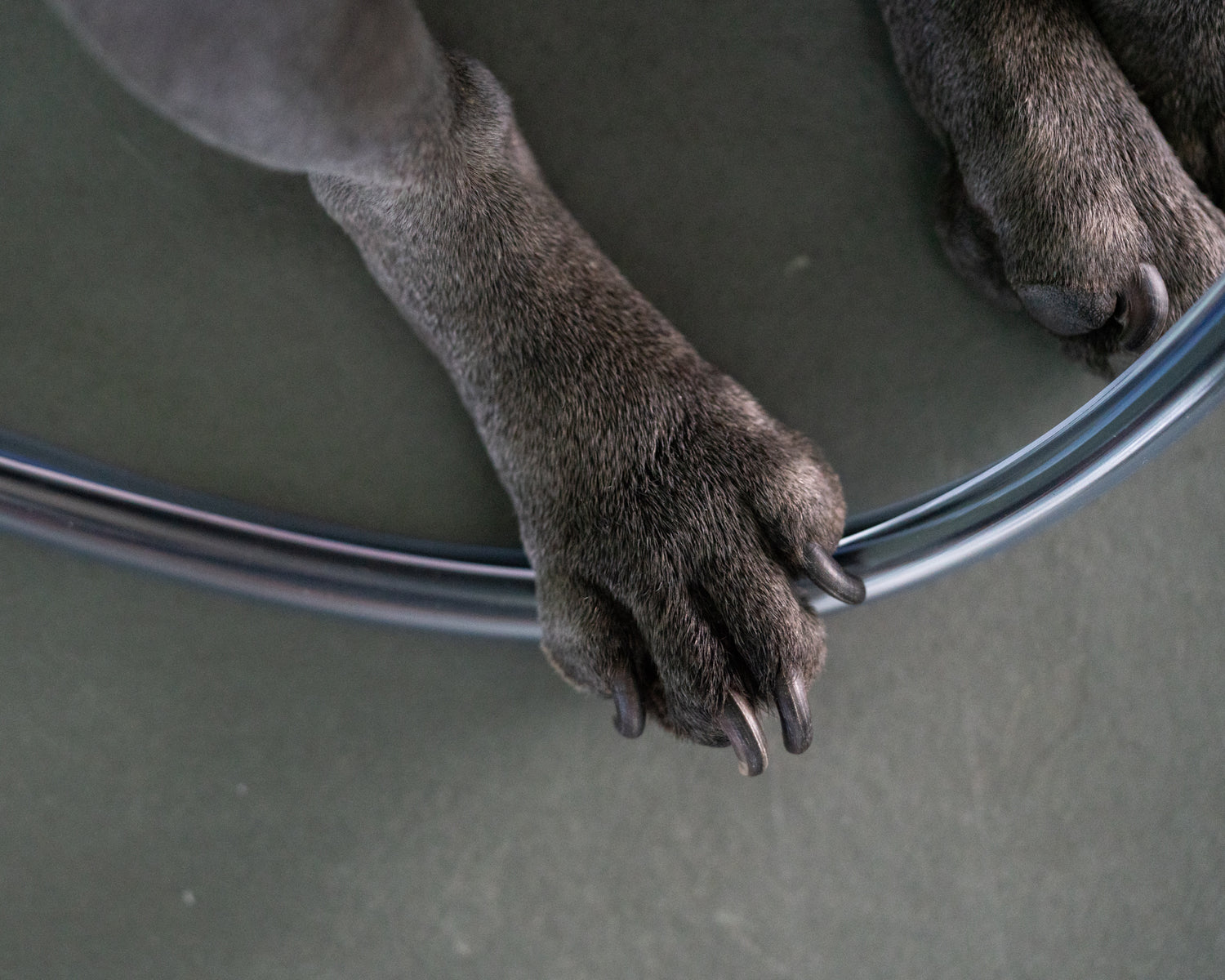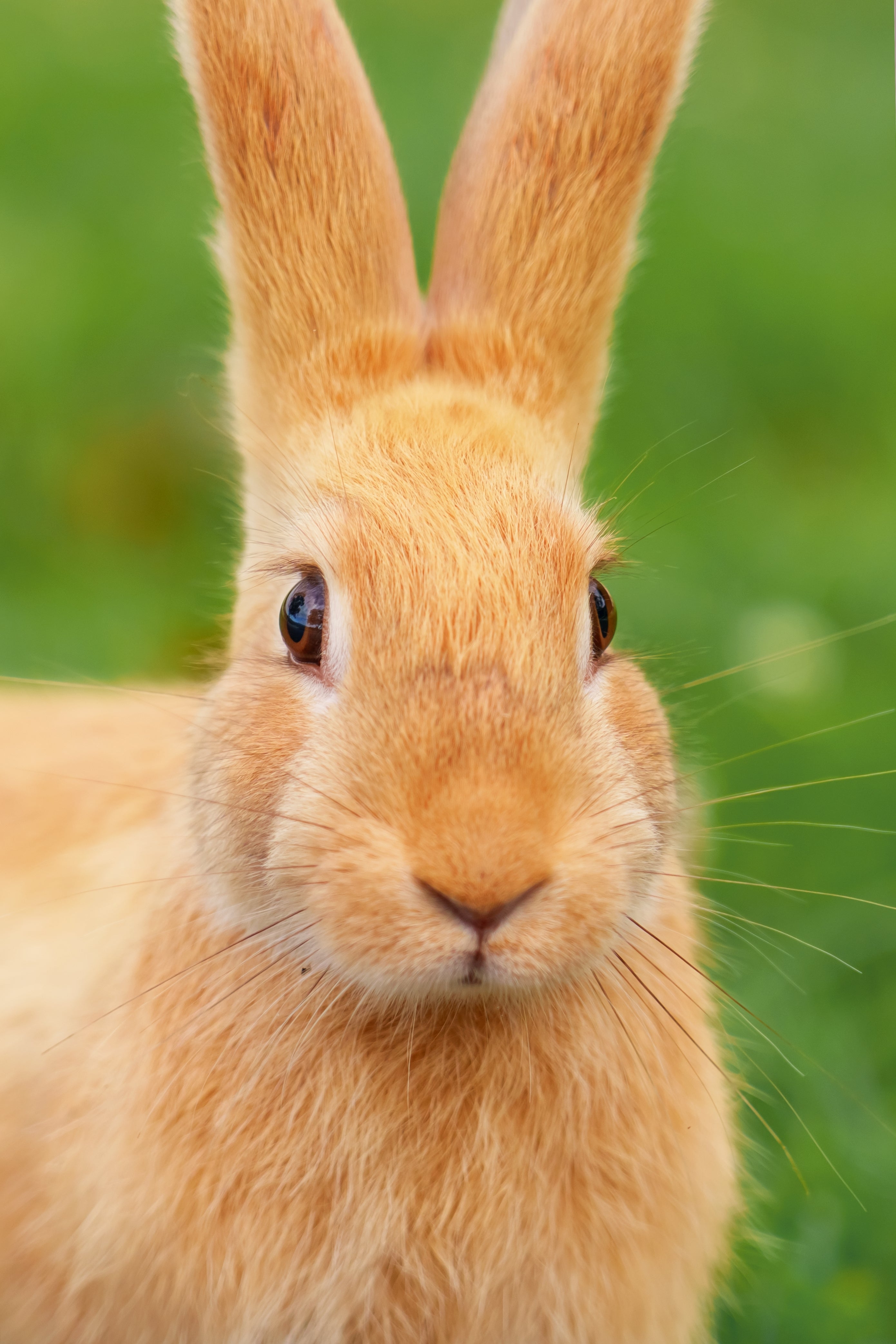12 Amazing Pet Safety Tips
The safety of a pet is more important than owning it. If your cat and dog are moving securely on the roads or roaming safely in a fenced yard, it will be a great pleasure for its owner. Lapses in security will result in many accidents, and even you will lose your pet. Therefore, in this article, we will share with you some amazing tips which help provide enough safety to your beloved pet.
12 Amazing Pet Safety Tips

We keep pets to share love and happiness; thus, our primary responsibility is to keep the pets safe and secure in our homes. It is also true that the nature of each pet is different from others; some need more attention and care.
Similarly, it is also a fact that some animals kept as pets in homes may have a dangerous and outrageous nature. Such pets need extra vigilance from their owners to provide them with an environment commensurate with their attitude—only this way can we guarantee the safety of pets and the humans associated with them.
Furthermore, some animals are very good at escaping from their cages and containers. Such pets need some special care and particular residing conditions. If you are keeping a pet, the most important safety aspect is that you and your pet should be away from harm. Below are the 12 things that can be adopted to ensure the pets remain safe.
Keep Electricity Away from Pets
Your pet's safety demands from you that they must be away from any type of electricity or an electric appliance. Some small animals in your homes, like puppies and kittens, need to be kept away from electric sockets and boards.
As we know that human kids are also unaware of the dangers of electricity, the animals are totally ignorant of the modern lifestyle in cities. Thus, keeping all the sockets covered in approach to cats and dogs is advisable.
Organizing the electric cords is also very important to avoid the issue of tangles, which is a big safety hazard. For lamps and other portable lights, a single-cord shortener can be utilized.
Rubber Bands and Rings Should be at a Distance
If you have cats in your home, remember that kitties love to play with circular and flexible things such as rubber bands. The cats will not hesitate to ingest these things, which can cause severe health conditions and discomfort for your lovely furry animal.
In addition, the swollen rubber band or ring only gets out of the cat’s body by applying surgery. Thus, if you see a string hanging from your cat's mouth, do not take a moment to pull it out gently.
Plants In Homes Should Not Be Toxic
If you intend to keep plants for an adorable look in the house, make sure that you are not purchasing or having any toxic leaves. The cats especially have a habit of chewing the plants’ leave occasionally.
There are many cases in which cats and dogs chew the leaves and become severely ill. Thus keeping a poisonous plant in the home means endangering the life of your pet. If you notice that a cat or dog has swollen a plant’s leave, you must seek an immediate vet’s assistance as the poison can be fatal. However, if you have the exact name of the plant, you may call poison control and give them the exact botanical name of the plant.
Pet Tagging Is Vital
The pets who roam freely outside their homes must be tagged to keep a record of the pet. As there can be several pets of the same breed, thus it becomes difficult to choose if you lose your pet.
There are many societies in which the pets are properly labeled, and a counter file is maintained with the owner's name, contact number, and address of its residence. Thus, if you have tagged your pet, you can get it found without much trouble and worry.
Pet tagging comes in many ways, such as neck tags and the implantation of chips by the veterinarian. You can choose the method you like and convenient for you and your pet. A tag is an identity mark of your pet, so it is a must to ensure its safety.
Be Aware Of Cold Weather
There are instances when cats climb between the car's wheels, looking for a warm location. They may jump into the engine compartment to get their bodies heated up. So if you also own a pet cat, it is important to honk the car body and engine on wintery days to alert the cat if it is sleeping somewhere inside it. Otherwise, the cat may get stuck in an unwanted location, resulting in a fatal accident.
Keep Dogs Under Shade In Summer
Summers are difficult for most dog breeds. So, taking your dog with you during your car ride on a hot sunny day is not advisable. It may cause some serious health problems in your dog. So, keeping the dog tide under the shade is a best practice to ensure your pet's safety.
In just ten minutes, a car left in the sun with locked windows can reach well over 38 degrees Celsius inside. A dog left in a vehicle can sustain brain damage or pass away from heat stroke. If you must leave the dog in the car, park in a shady area, crate the dog inside the vehicle so that all the windows can be left open, and keep a container of water nearby.
Keep Your Pets Hydrated
Like humans, water is also an essential requirement of animals. Thus, keeping the pets hydrated will ensure they remain healthy and physically active. If you are going out of the home, it is a best practice to leave at least two bowls of clean and fresh water in the access of your pets.
Remember, if you are not taking care of the water needs of your animals, your pet’s health will be at a greater risk. If you doubt that your dog is dehydrated, you may perform some checks, such as a dry mouth, sunken eyes, a lack of skin suppleness, and tiredness are some of the warning indications. Gently pull the skin on your dog's or cat's back to check for dehydration.
Moreover, the skin will not remain as elastic and resilient as normal if the animal is dehydrated. Always seek the assistance of a veterinarian if your pet is dehydrated.
Pet’s Home Should Be Cozy and Comfy
The dog house should be larger and more comfortable according to the weight and size of your dog. Thus, the dog can easily move, lie and sit in it. However, the houses should be cozy so that the animals can easily retain their bodies' warmth in the winter.
Keep the house insulated; hay can be an option if your pet is not allergic to it. Ensure that the floor is raised to prevent dampness from seeping in and that the entry is protected from the wind.
Cleaning the Spilled Antifreeze
The garage or driveway must be thoroughly cleaned of any spilled antifreeze. Animals may find the aroma and sweet flavor alluring; even a small amount can poison a pet.
Chocolate Is Not a Dog Treat
The presence of a substance known as theobromine is highly toxic for your canines, and owners of canines should never use chocolate as a treat for training purposes. Only an ounce of chocolate is enough to cause trouble for your pet.
Hyperactivity, severe panting, convulsions, muscular tremors, vomiting, and diarrhea are all signs of chocolate poisoning. Immediately take your pet to the vet if you think it may have eaten chocolate.
Fencing Should be Stronger and More Reliable
Although people can still enter your yard, dogs can be kept from straying with the help of electronic fences. You might prefer a conventional fence if your dog bites frequently or gets terrified quickly.
When installing this fence, be sure your dog can't dig under or jump over it. Every now and again, scan the barrier for openings and gaps.
Keep Pets away from Fertilizers and Pesticides.
As a good pet owner, we know that you are keeping pesticides and other fertilizers away from the reach of your pets. Excellent work! Before you let your animals go free in the yard, they must still be dry. Otherwise, these compounds could cause neurological problems in pets if they lick them or get them in their eyes. Generally speaking, stay away from mulches like cocoa beans and bonemeal fertilizers.
Wrap Up
Pet safety is a very important topic, as pets can be injured or even killed if they are not properly cared for. There are many things that pet owners can do to ensure the safety of their animals. Some general tips for pet safety include:

- Keep your pet up to date on vaccinations and preventative care, such as flea and tick treatment.
- Ensure your pet has a safe, secure place to live, such as a sturdy crate or enclosure.
- Keep your pet on a leash when walking outside, and make sure the leash is in good condition.
- Never leave your pet alone in a car, as the temperature can quickly become dangerous.
- Keep potentially dangerous items out of your pet's reach, such as medications and cleaning products.
- Make sure your pet has access to fresh water and a healthy diet.
- Never give your human pet food that is toxic to them, such as chocolate or onions.
- Keep your pet's nails trimmed to prevent them from getting caught on things or tearing.
- Regularly check your pet for signs of illness or injury, and take them to the veterinarian if you notice anything unusual.
Overall, the key to pet safety is to be vigilant and proactive in protecting your animal. Following these tips and being aware of potential hazards can help ensure your pet stays healthy and safe.




Leave a comment
All comments are moderated before being published.
This site is protected by hCaptcha and the hCaptcha Privacy Policy and Terms of Service apply.